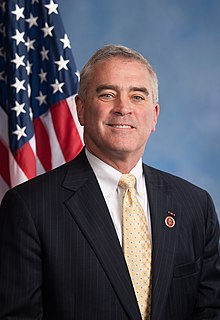A Quote by Angus Deaton
Policies aimed at reversing globalization will lead only to a decrease in real income as goods become more expensive.
Related Quotes
Owners of capital will stimulate working class to buy more and more of expensive goods, houses and technology, pushing them to take more and more expensive credits, until their debt becomes unbearable. The unpaid debt will lead to bankruptcy of banks which will have to be nationalized and State will have to take the road which will eventually lead to communism.
You know, the elites always want to shame the poor - right? - and everyone else. I mean, the fact is, this economy is based on 70 percent of the people driving consumer demand. If people do not purchase goods and services, this economy will grind to recession. And that is why, if you are going to do a tax cut, it ought to really be aimed at low-income and middle-income people.
If one sentence were to sum up the mechanism driving the Great Stagnation, it is this: Recent and current innovation is more geared to private goods than to public goods. That simple observation ties together the three major macroeconomic events of our time: growing income inequality, stagnant median income, and the financial crisis.
Globalization has become an ideology with no constraints. And now, nations are forcing themselves back into the debate. Nations with borders we control, with people that we listen to, with real economies, not Wall Street economies, but rather factories and farmers. And this goes against this unregulated globalization, wild, savage globalization.
Globalization and technical change are the guarantee of our future prosperity. And reversing on that will not only make things worse, but it will make things worse for a very large number of people around the world who have benefitted - people in China and India who have been dragged out of the most awful poverty.
Real music will make you more and more refined. It will become more and more silent. In fact, real music will help you to listen to silence, where all notes disappear, where only gaps remain. One note comes, disappears, and another has not come, and there is a gap. In that gap meditation flows in you.
Requiring the payment of higher wages will lead to a loss of some jobs and a raising of prices which drives companies to search for automation to reduce costs. On the other hand, those receiving higher wages will spend more (the marginal propensity to consume is close to 1 for low income earners) and this will increase demand for additional goods and services. Henry Ford had the clearest vision of why companies can actually benefit by paying higher wages.


































